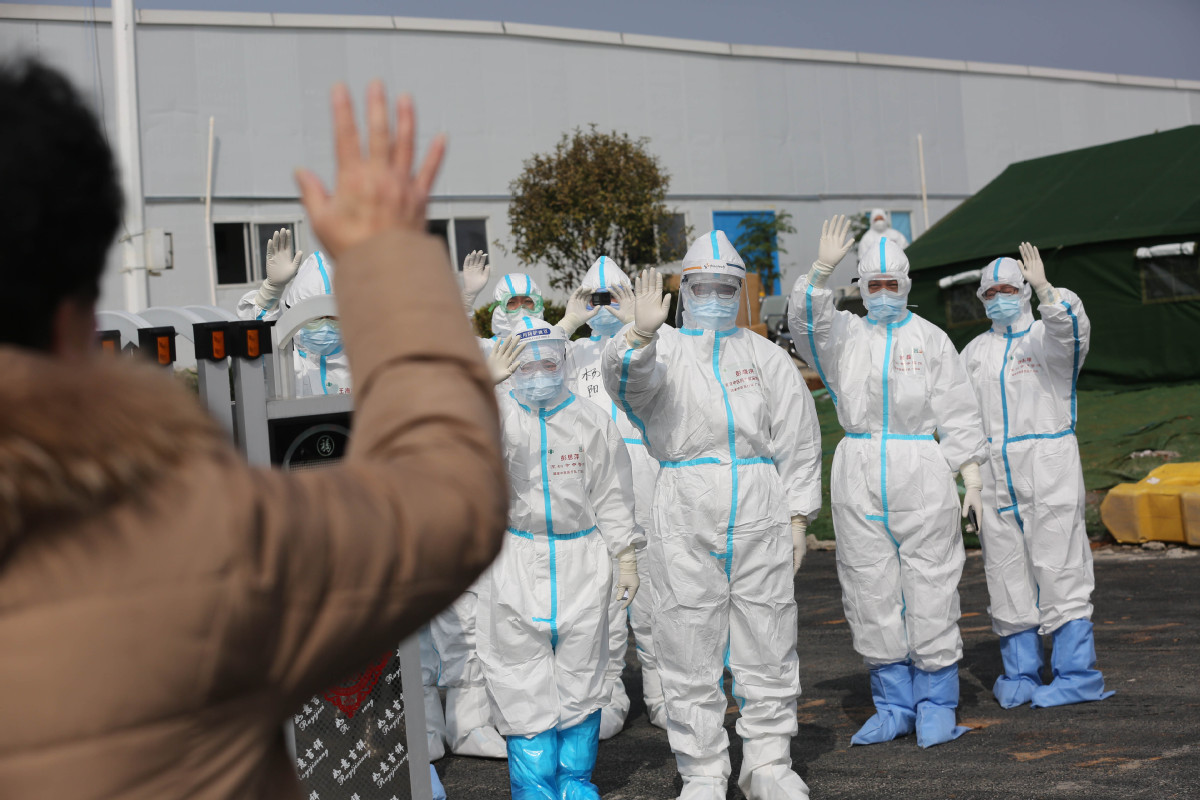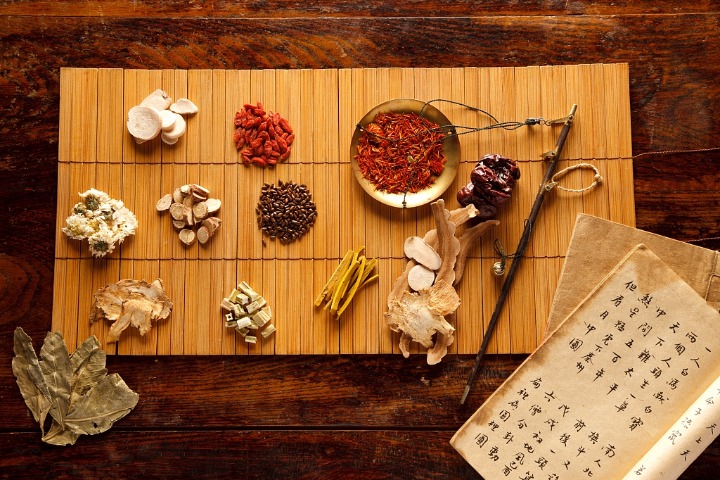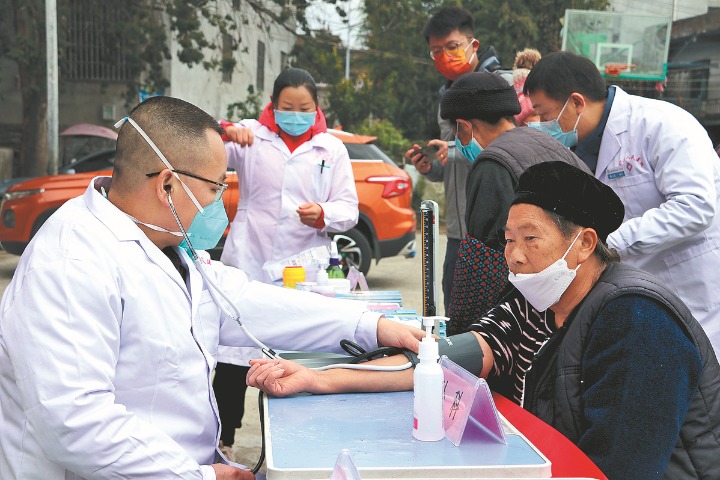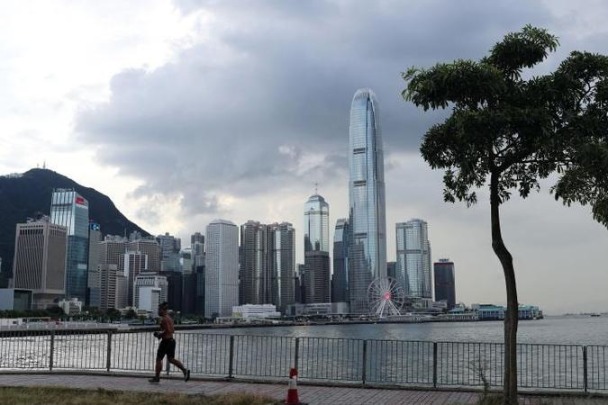How does China protect human rights in epidemic prevention and control?
It is important to note that the information provided in this Series is intended for your general knowledge only and is not a substitute for professional medical advice or treatment.

It is a fundamental principle enshrined by the Constitution of China to respect and protect human rights. China has constantly integrated the universality of human rights with national conditions and espoused a people-centered view of human rights. China regards the rights to subsistence and development as its primary and basic human rights. It endeavors to improve the rights of all its people in a coordinated manner and works for their rounded development. In the face of the threat of COVID-19, China has prioritized the safety and health of the people, taken the strictest and most thorough prevention and control measures and made every effort to treat patients. The Chinese government made the major decision to advance the work on coordinating the prevention and control of the epidemic and economic and social development as the situation was turning positive and consolidated to make maximum efforts to protect people's rights to subsistence and development.
Prioritizing protection of people's rights to subsistence — making every effort to interrupt transmission of the virus and cure the patients
The right to subsistence, especially the right to life and health, is universally recognized as the most fundamental human right, as the right to life and health is a prerequisite for the fulfillment of other human rights. Amid the outbreak, China prioritized the safety and health of the people, took the most comprehensive, stringent and thorough prevention and control measures nationwide and did utmost to treat the patients. Three specific measures were taken. The first is to strictly control residents' outdoor movements, building first line of defense in the most affected regions. The second is to mobilize medical teams across the country to quickly assist Hubei province and build emergency medical facilities such as Huoshenshan Hospital, Leishenshan Hospital and 16 mobile cabin hospitals in a very short time. The third is to fully cover the patients' medical expenses by the government. The Chinese government has been making every effort to treat every patient despite the fiscal pressure in 2020. Early in February, the government required medical institutions to treat patients prior to charging to ensure that the medical expenses would not prevent patients from tests and treatment.
Protecting peoples' rights to development to the greatest extent possible — advancing prevention and control of the epidemic and economic and social development in a coordinated manner
Coordinating prevention and control of the epidemic and economic and social development is essential to protecting peoples' rights to subsistence and development. After the outbreak is mostly contained, the Chinese government has worked with enterprises to resume production and provided comprehensive assistance to hard-hit small and micro businesses. The government has introduced a series of policies to reduce the costs of enterprises such as phased reduction or exemption of enterprises' basic pension, unemployment and work-related injury insurance payments, reduction or exemption of value-added tax, and offering subsidies to stabilize employment. To prevent the capital chain from breaking, the government has encouraged and supported financial institutions to adopt policies, including providing low-interest loans and re-lending funds, and deferring payment of principal and interest for enterprises in difficulty. Housing ownership units have taken the initiative to reduce rent. Power, heating and water suppliers have guaranteed that utility services would not be cut off for non-payment. In addition, China has increased its support for poor and vulnerable groups and protected their rights to development.
Protecting citizens' rights to its best ability — making every effort to balance the right to privacy with the public's right to know and right to health
After the outbreak, the Chinese government has been trying its best to protect citizens' rights in a balanced manner. Among them, the right to know is prioritized. In line with relevant laws, local governments have timely disclosed information of newly confirmed and suspected patients, including residence address and travel records within a certain period of time. Though there is a risk of exposing personal information, this has guaranteed the right to know of concerned people, such as residents living in the same community and passengers taking the same vehicle with a patient. Furthermore, this can also alert possible contacts, facilitate public supervision on the statistical data, and enable the central government to access to the epidemic information timely and accurately.
Author: Hua Ruoyun, Center for International Knowledge on Development
Please feel free to contact us by sending your questions to question@chinadaily.com.cn or commenting on China Daily app. We will ask experts to answer them.














